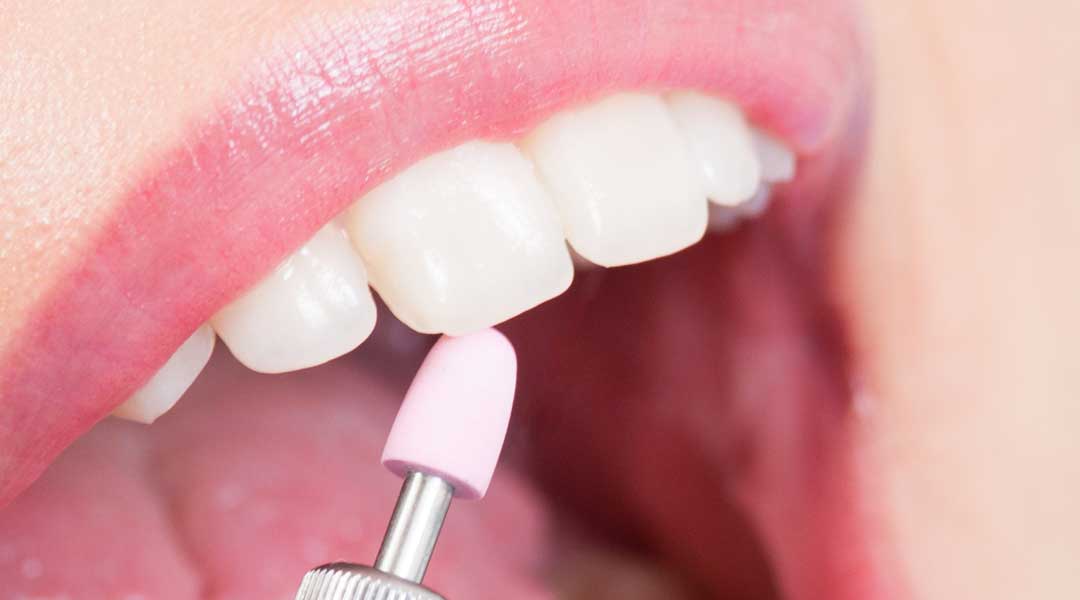
What Does Tooth Polishing Entail?
 Posted On
Posted On Regular dental cleanings play an essential role in the maintenance of optimal oral health. In addition to routine brushing and flossing, scaling and polishing are essential professional dental procedures. By understanding this common dental technique, you will appreciate how it impacts your oral health and allows you to attain a dazzling smile.
Tooth polishing, additionally referred to as dental prophylaxis, is a cleaning and polishing procedure conducted by dental professionals. It is typically performed during regular dental cleaning and is essential for maintaining oral health. The purpose of polishing your teeth is to remove dental plaque, tartar, and enamel discoloration, leaving them clean, shiny, and revitalized. Fort Myers cosmetic dentistry can help.
Variations on Tooth Polishing
There are two principal methods for polishing teeth:
- To perform this technique, a dental professional connects a small, flexible rubber cup to a handpiece. The cup is subsequently coated with an abrasive-containing polishing solution. A dentist or dental hygienist removes Plaque and stains from the tooth surfaces using a cup and a gentle circular motion.
- Air Polishing: Air polishing entails the utilization of a specialized tool that combines compressed water, air, and an abrasive powder, typically sodium bicarbonate, to create an abrasive powder. Using a handheld nozzle, the mixture is sprayed onto the dental surfaces, successfully eliminating plaque, tartar, and stains.
What types of discoloration can be removed by polishing teeth?
Tooth polishing is especially effective at removing the following varieties of stains:
- External Stains: These include stains caused by external agents, such as coffee, tea, tobacco, and certain edibles. Polishing your teeth may drastically minimize the outward appearance of these stains, improving their purity and brilliance.
- Supragingival Stains: These stains occur above the gum line and can be caused by various factors, such as particular drugs, chromogenic bacteria, or improper oral hygiene. Polishing your teeth effectively removes supragingival stains, enhancing the overall appearance of your smile.
What are the Advantages of Polishing Teeth?
Having your teeth polished has several positive effects on your oral and overall health:
- Plaque and Tartar Removal: The primary goal of tooth polishing is to eliminate plaque and tartar, which are significant causes of gum disease and tooth decay. By removing these detrimental substances, tooth polishing contributes to the maintenance of healthy gums and teeth.
- Polished teeth have a uniform surface, making plaque accumulation more difficult. Consequently, your routine of flossing and brushing becomes more effective, resulting in improved oral hygiene and a decreased likelihood of dental problems.
- Plaque accumulation can lead to poor breath. By eradicating plaque and tartar with tooth polishing, you can experience improved breath and oral hygiene.
- Visually Pleasing Smile: Tooth polishing removes surface stains, resulting in whiter, more vibrant teeth. This can significantly improve your smile’s aesthetics, bolstering your sense of self-worth and self-confidence.






